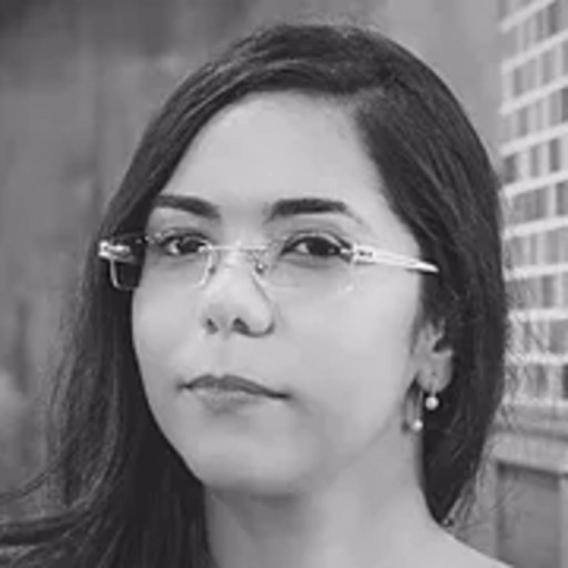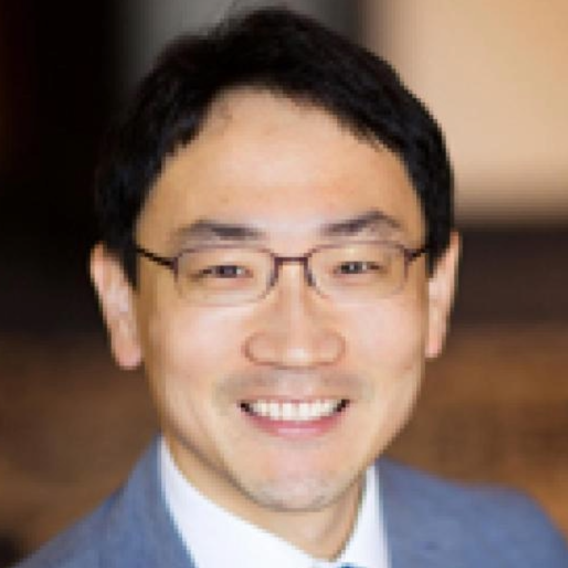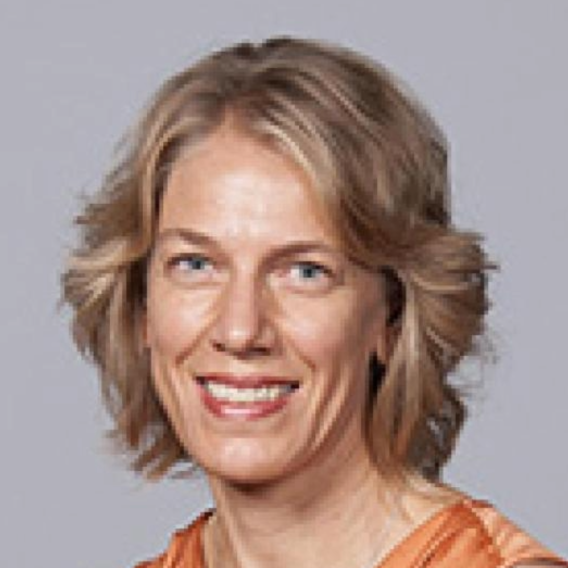Global signature grant
The CEHD Global Signature Grant supports program initiatives or projects that demonstrate the college’s commitment to global engagement, meaningful relationships, and Sustainable Development Goals (SDG). Individual or group projects are considered, with priority given to projects that are interdisciplinary. CEHD Global Signature Grant projects are exemplars of institutionalized internationalization and global commitments in CEHD. They demonstrate our college’s strength through globally-focused, mission-driven activities.
CEHD International Initiatives is focused on deepening relationships locally and globally. This means listening and responding to the needs of our global partners. We are committed to fostering meaningful relationships that intentionally work to faster international engagement, sustainability, and reciprocity. We invite faculty to submit proposals that align with our approach to international engagement.
The purpose of this grant program is to support and grow global engagement in CEHD. Projects that demonstrate and advance a commitment to reciprocity, collaborative knowledge making, and reimaging researcher-participant relations are of particular interest.
Examples of activities from past Global Signature Grants
- Research abroad opportunities and collaboration
- International engagement activities (e.g., delivery of workshops, training, or seminars) in collaboration with global par ners, particularly in low resourced countries (as classified by the World Bank)
- Glocal programs (those that are locally based with global components)
- Developing academic curricula with global content
- Visiting scholar activities or programs
- Hosting international scholars for special activities or events on campus
Grant resources
Grant Period
June 2025 through August 2026.
Grants
Up to $10,000 support for travel, research or project related expenses, or other relevant needs.
Note:
- Funding cannot be used to support graduate assistant time; but can be used to support graduate student participation in activities.
- Funding for external consultants are eligible on a very limited basis, with global partner consultants receiving priority for funding.
- Funding can not be used for salaries or services provided by a CEHD unit, center, or faculty. The GSG encourages interdisciplinary collaboration within and outside the college, with funding focused on project activities and global partner needs.
Recipients
Up to 4 grants
Application materials
- 2000-word proposal
- Overview of the project
- Alignment with Sustainable Development Goals (SDG)
- Contribution of project to broader global efforts in CEHD
- How project works to foster international engagement
- How project includes or considers community-based practices of participants
- Sustainability plan
- Implementation timeline with aims to launch in the year awarded
- Budget plan
- CVs from key implementers
- Letter of support from Department Chair or Center Director. For group applications one department chair letter is sufficient, with evidence of other department chair approval. 2-page
Application due date and form
- Application due date
- Monday, March 3, 2025
- Application
- Application form
- Form for a letter of support from Department Chair or Center Director
Review process
CEHD Global Signature Grants are reviewed by a selected committee of 5-7 individuals, including past award recipients. Announcements of awards will be made by early April 2025.
Contact
CEHD International Initiatives: cehdintl@umn.edu
Recipients of the 2025-2026 Global Signature Grant

Bruna Damiana Heinsfeld, Assistant Professor
Department: Curriculum and Instruction
Project: Decolonizing academic writing: A workshop for educators in the Complexo de Favelas da Maré
Project description: The project proposes an intensive academic writing workshop for educators and students at UniFavela, a grassroots educational initiative serving marginalized communities in the Complexo de Favelas da Maré, Rio de Janeiro, Brazil. The goal is to challenge traditional academic structures, empowering participants to navigate, critique, and redefine the norms of academic writing on their own terms.

Sehoon Kim, Associate Professor
Department: Organizational Leadership, Policy, and Development
Project: Development and Integration of Nepali Migrant Workers Returning from South Korea
Project description: Given the challenges faced by Nepali returnees and the lack of administrative focus on their repatriation, this grant project aims to three objectives: (1) identify the resources and support available to Nepali migrants for their resettlement and employment in Nepal; (2) investigate the issues they face during the repatriation process; and (3) assess their needs for successful reintegration into society.

Yuanyuan Hu, Assistant Professor
Department: Social Work
Project: Enhancing Teacher Capacity for Delivering Social and Emotional Learning to Rural Chinese Children: A Mixed-Method Study
Project description: This proposal outlines a sequential mixed-methods study investigating how rural Chinese teachers’ personal skills, emotional well-being, and attitudes influence their effective delivery of Social and Emotional Learning (SEL). Through quantitative surveys and focus groups, the project will address critical areas of improvement and generate practical solutions for strengthening teacher capacity. Along with mixed-method evidence, the project’s global collaboration ensures that local voices guide the design of culturally relevant professional development.

Joan DeJaeghere, Professor
Department: Organizational Leadership, Policy, and Development
Project: Wellbeing and Equity through Education (WEE) Collaborative Partnership
Project description: This proposal is to support activities of an interdisciplinary and inter-institutional partnership that brings together scholars conducting research related to SDG 4 and 5 – quality education and gender equality. A key aim of this collaborative research group is to mobilize research capacity in different contexts and create new knowledge among African, Indian, and U.S. scholars and practitioners. By examining the intersections of racial, class, caste, ability, sexuality and gender inequities and their effects on wellbeing outcomes within and through education, we will generate locally specific knowledge that changes educational practices and that also contributes to global policy agendas, particularly to UNESCO’s agendas.
Previous global signature grant recipients
- Mitchell McSweeney
- Ronald Asiimwe
- Traci LaLiberte
- Kristin Liu
- Katie Johnston-Goodstar
- Tania Mitchell
- Macdonald Metzger
- Meixi
- Bhaskar Upadhyay and Christopher Johnstone
- Patricia Shannon
- Nina Asher
- Christopher Johnstone and Matthew Schuelka
- Roozbeh Shirazi
- Vichet Chhuon
- Barbara Kleit, Amy Hewitt, and Jerry Smith
- Rose Vukovic
- Joseph Rios
- Elizabeth Sumida Huaman and Frances Vavrus
Brazil Initiative
- Michael Rodriguez
- Tania Mitchell
- Oliver Williams
- Vichet Chhuon
- Ken Bartlett
- Elizabeth Weiling
- Muhammad Khalifa
- Nimo Abdi
- Mary Hermes
- Na’im Madyun
- Bhaskar Upadhyay
- Roozbeh Shirazi
- Macdonald Metzger
- Vichet Chhuon and Cathy Colheim
- Christopher Johnstone and Tiago Bittencourt
- Panayiota Kendeou
- Kelly Nye-Lengerman, Amy Hewitt, Beth Fagan, Mikala Mukongolwa
- Richard Bamattre, Ferdinand Chipindi, Heidi Eschenbacher, and Frances Vavrus
- Treden Wagoner, Melissa Falldin, and Thomas Nechodomu
- Brian Abery and Renáta Tichá
- Susan Walker